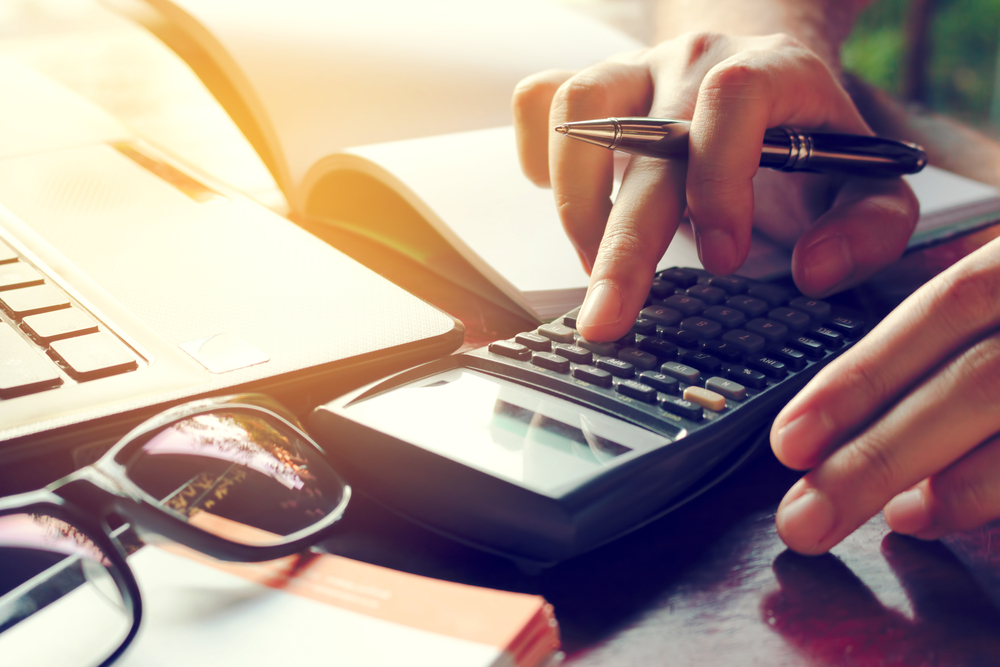According to the Money Advice Service, over 8 million people across the UK are living with debts. Whether you’re struggling to pay your monthly bills, have credit card debt or simply rely on an overdraft, debt can be difficult to manage. Whilst there are places you can turn to such as Citizens Advice, your local bank or websites providing financial advice, the best way is to try to avoid debt altogether.
A lot of the reasons people get into debt can be prevented when people are aware of how to start. Debt can not just impact your bank balance but can also play a vital role in your health and relationships with people too. Here are some good tips on how to avoid debt like a pro to help you stay positive and debt free.

- Budget
Whilst it may seem obvious to some people, keeping a budget isn’t always on everyone’s priority list. Putting together a budget of your monthly income and outgoings can really help to put things into perspective. You are then aware of any surplus money you may have that month to put away or spend on something you need. The most integral part of budgeting is that you don’t JUST include what’s part of your regular spending. It’s important to remember that unforeseen costs happen too. This can include holidays, home maintenance, car repairs, friends’ birthdays etc. If you put these in the budget too, you’ll quickly start to put together a proper plan of what your spending looks like, so you can avoid going into debt.
- Avoid the credit card trap
Whilst it may be helpful to some people to get a credit card to purchase things until your payslip comes in, it’s really important to understand the interest rates and repayments that come with it. If you’re well organised, a credit card can help if you are quick to pay off the interest rates each month. However, getting involved in a credit card cycle can quickly turn into debt. If you don’t necessarily need a credit card, it can be best to avoid it altogether. It’s the same with interest-free store cards, whilst they may come interest free for 6 months to a year, the interest quickly hike up if the money isn’t paid off after that time frame. Pay these cards off as soon as you can or avoid getting one altogether to avoid going into the red.
- Have an emergency fund
In order to prepare for unexpected expenses that could lead you into debt, it may be worth starting an emergency savings fund. If you can put a little away each month, this savings pot can be used for unexpected emergencies such as when your car breaks down or home maintenance. If you can get in the habit of creating yourself an emergency fund it can help to provide a financial pillow you can use if you absolutely need it. It can help to avoid turning to pay day lenders and loan providers. Whilst these loans can be an attractive way to get money fast in an emergency situation, even a top-rated pay day loan lender can come with hefty interest rates. If you do opt for this option, make sure you’re able to pay it back as soon as possible else you could be looking at going into further debt.
- Take out cash
If you know how much your budget is for the month, then the best way to prevent going into debt or over spending is to take out what you have extra in cash. Once the cash has run out, you know that you no longer have any money left. It’s easier to budget when the money is right in front of you, rather than using your card each time. This method has been proven to help people manage their money.
Whilst debt is common in the UK, there are plenty of things you can do to prevent getting yourself in that situation. If you’re finding it difficult to manage your money, your bank, community groups or a financial advisor may be able to help.